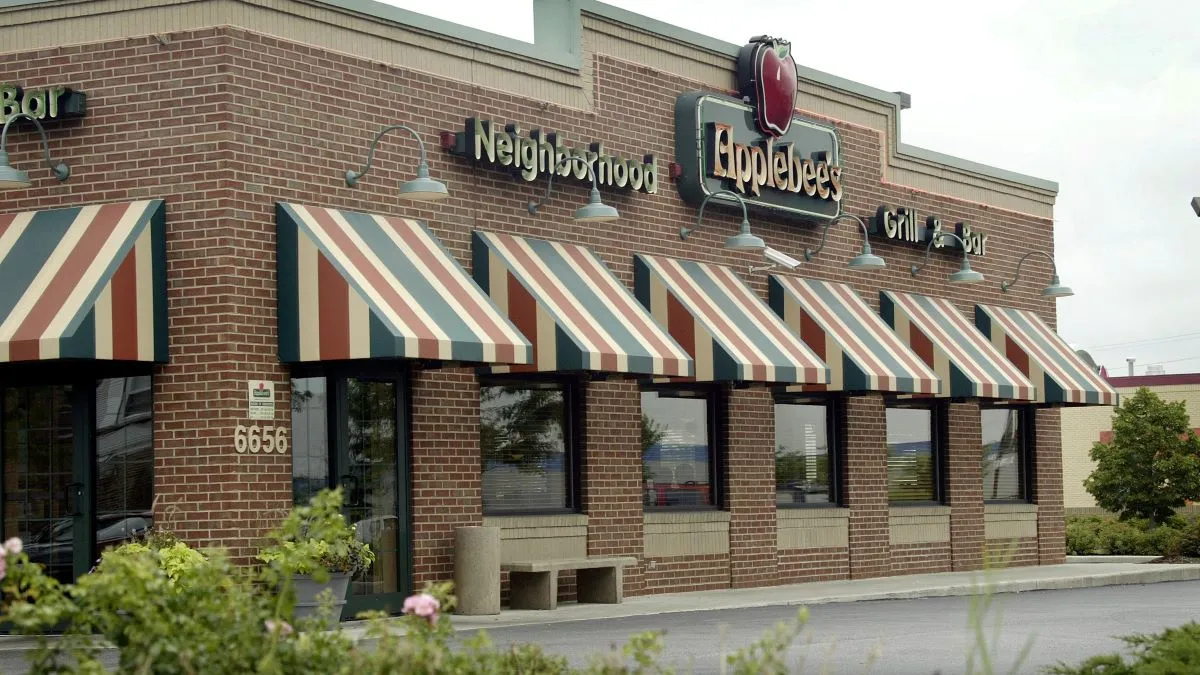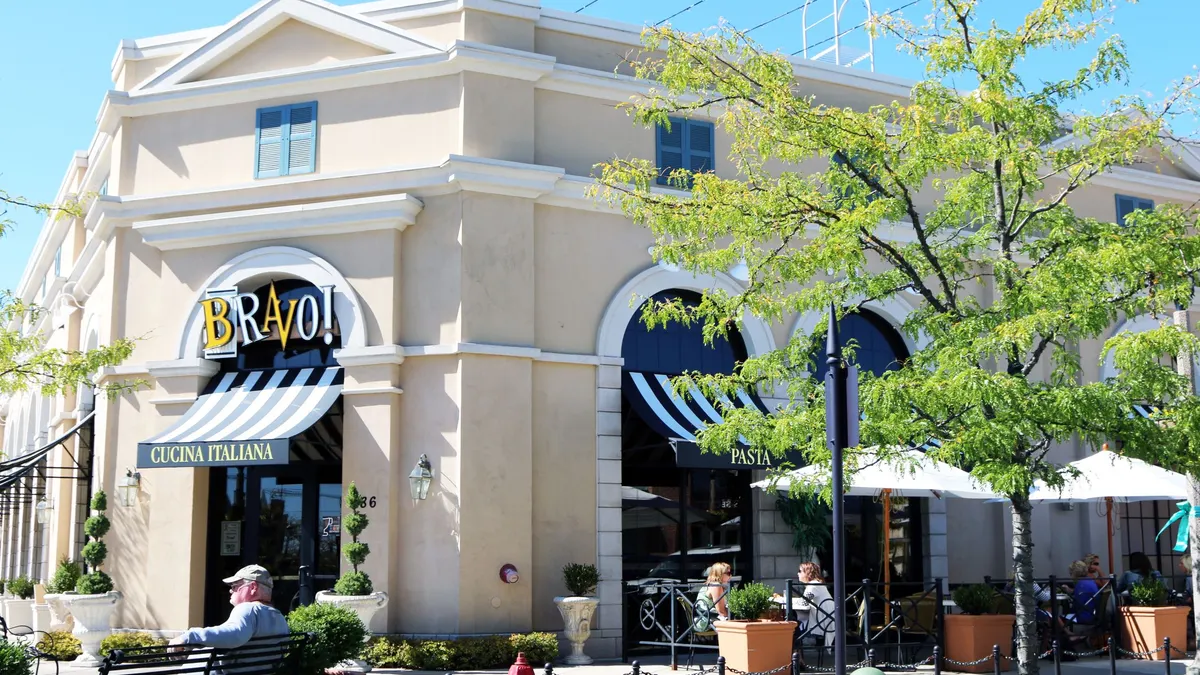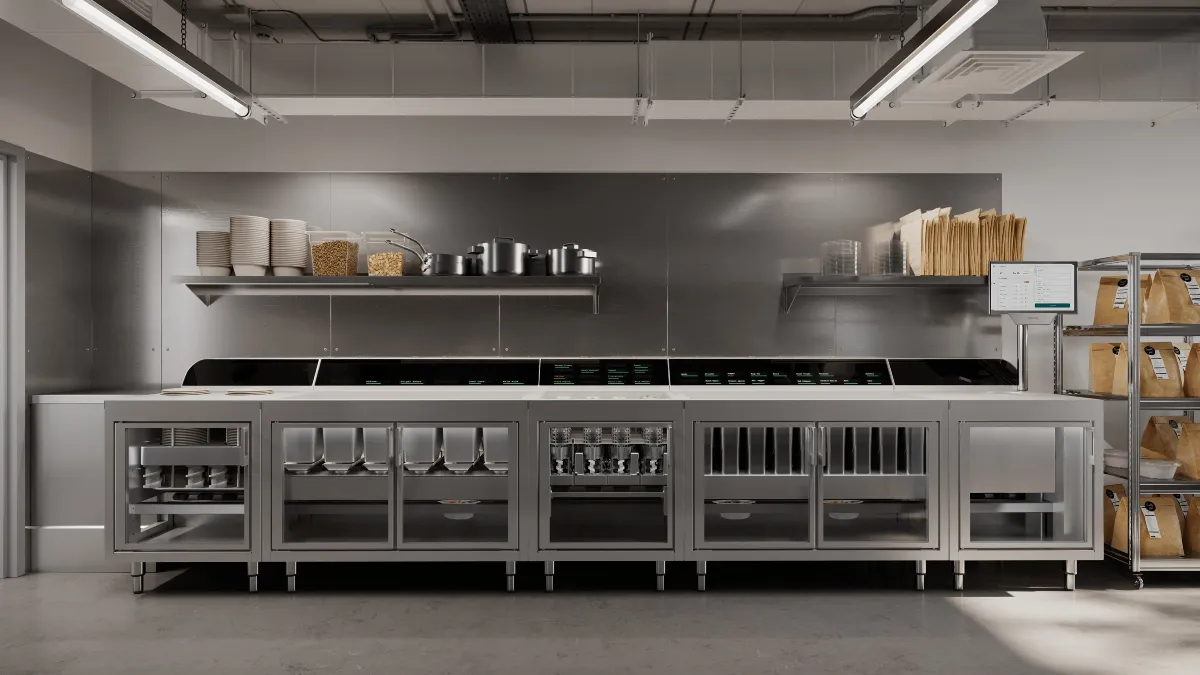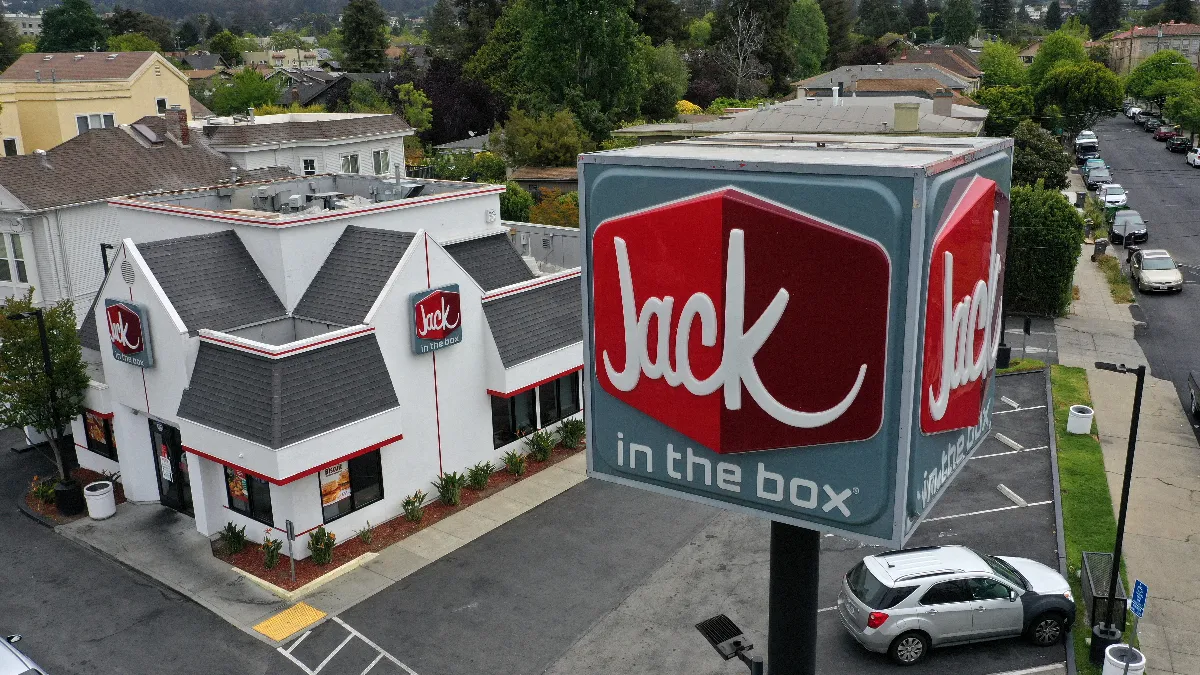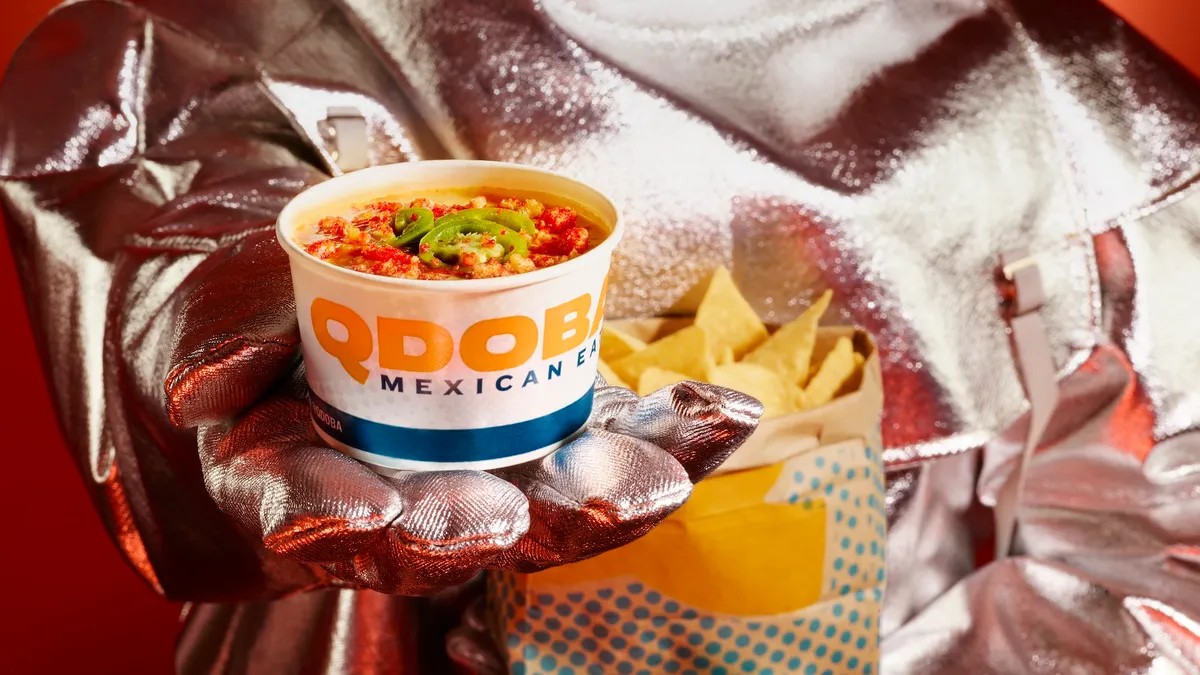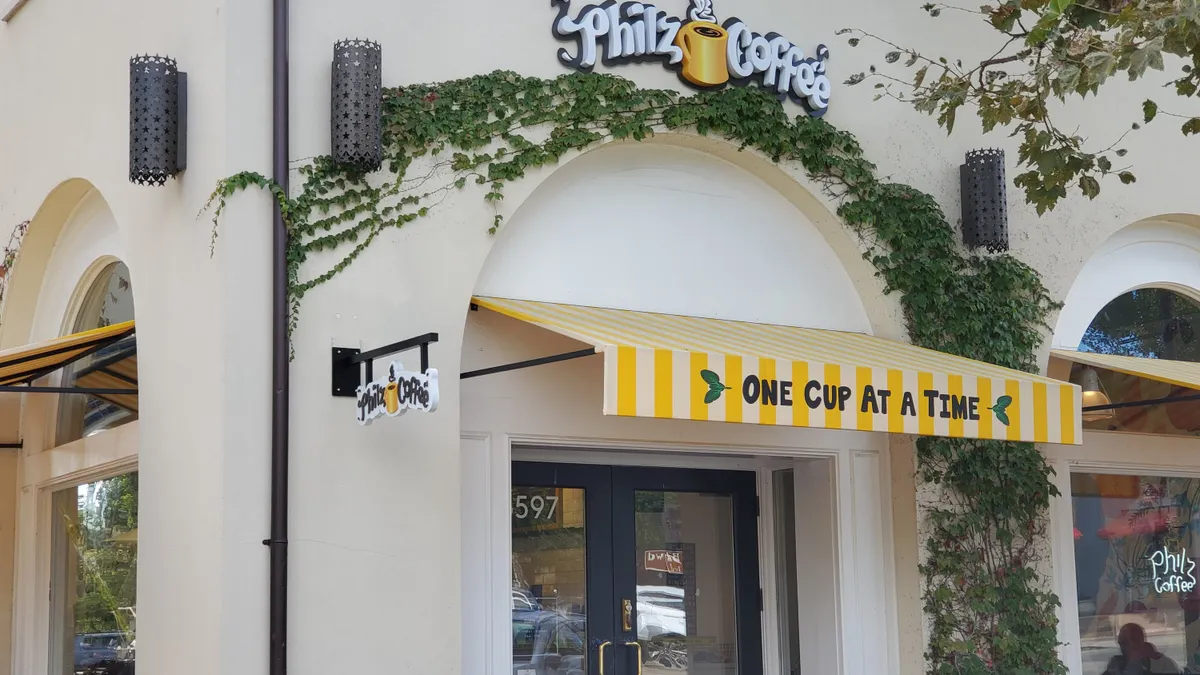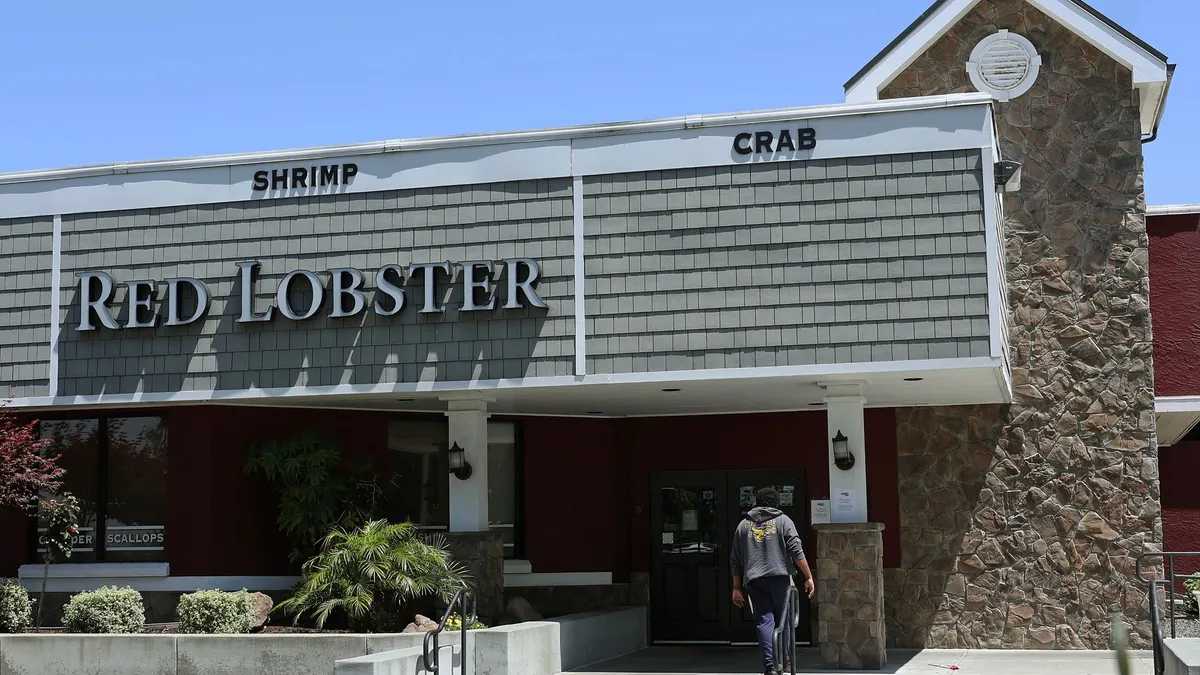ChowNow, a commission-free online ordering platform for restaurants, boasted its best sales month of the year in June. The company is also losing fewer accounts than ever in its history, and it’s client base is at an all-time high. So why did it lay off nearly 100 employees last week?
The answer is one CEO Chris Webb believes is behind most of the layoffs the restaurant tech space has seen recently. QR code ordering and payments app Sunday and virtual restaurant platform Nextbite both announced job cuts last week despite snagging private capital over the past two years. DoorDash announced earlier this month it will shutter Chowbotics, one of its automation arms, just 18 months after its acquisition, displacing about 35 employees.
“If you look at the publicly traded companies in our industry, they’re all posting record numbers, whether it is Toast or Olo or DoorDash or Square,” Webb said. “Yet their stocks are all trading at just about all-time lows. And so it’s this weird dynamic of business continues to be strong, but as you look further out we’re all pretty nervous about what’s ahead.”
Because of this dynamic, Webb expects more industry players will trim their payrolls in the near term.
“I know there’s more coming,” he said, referring to layoffs. “I have enough private conversations with other companies [to know] that this isn’t stopping this week. This will continue through the summer.”
Companies are tightening their belts outside of the restaurant space, as well — Microsoft announced last week that it is reducing its workforce by less than 1%. Webb believes the scope of recent layoffs, which impact both large and small companies, reflects surging inflation and plummeting stocks.
“None of these companies ... are actually suffering from a kind of business standpoint or revenue standpoint,” Webb said. “It’s just because we’re very concerned about the cost of capital getting very expensive, and if it gets as bad as a lot of us fear, we want to make sure that we’re prepared to survive a storm that could potentially last several years, if it comes to it.”
Companies have operated in a “bizarre period” of often zero interest rates since the stock market and housing crash of 2008, resulting in a decade of very inexpensive capital that allowed for quick growth, Webb said. But The U.S. Federal Reserve’s recent interest rate hikes, combined with inflationary pressure, has put businesses on edge. Firms can’t spend money as freely as they have over the past five to 10 years, he said.
“Everyone — and this is [ChowNow’s] view but I think it’s a shared view — is concerned about how high rates are going to go up and how quickly they’re going up,” Webb said. “And that inexpensive capital that we have all taken advantage of has all of a sudden, overnight, gone away. And so now it’s going to be more expensive to operate businesses.”
Webb compared monitoring the current economic climate to watching a hurricane over the Atlantic and gauging how to prepare. Will the storm become a Category 1 or Category 5 hurricane? Or will it fizzle and pass through without much damage? ChowNow chose to preemptively get costs under control to survive a potentially steeper economic dip.
“We’re working on the assumption that [the peak of private capital investment] has gone away. And it’s not there. And we want to be in a position — and we now are because of the [layoffs] — to survive many, many years should that capital not come back,” he said.
If capital availability and the overall climate improves, Webb said ChowNow would start rehiring many of the workers it let go last week. The company’s client-facing teams were the least impacted by job cuts, he said, to ensure that restaurant clients aren’t disrupted. ChowNow’s engineering and product teams will still roll out new products in the second half of the year, but some projects slated to launch next year will be pushed further out, he said.
“This was a painful decision. ... This is something that we would want to avoid at all costs,” Webb said of the layoffs, adding that some impacted employees were shocked by the news because ChowNow has been performing so well. “But the prudent thing to do was to act.”
Going forward, ChowNow will be more secure financially thanks to its smaller workforce, Webb said, and better able to weather economic headwinds. If the market continues to sour, “companies that didn’t act quickly enough are going to be in a lot of trouble six months down the road,” he said.
Julie Littman contributed to this report.









